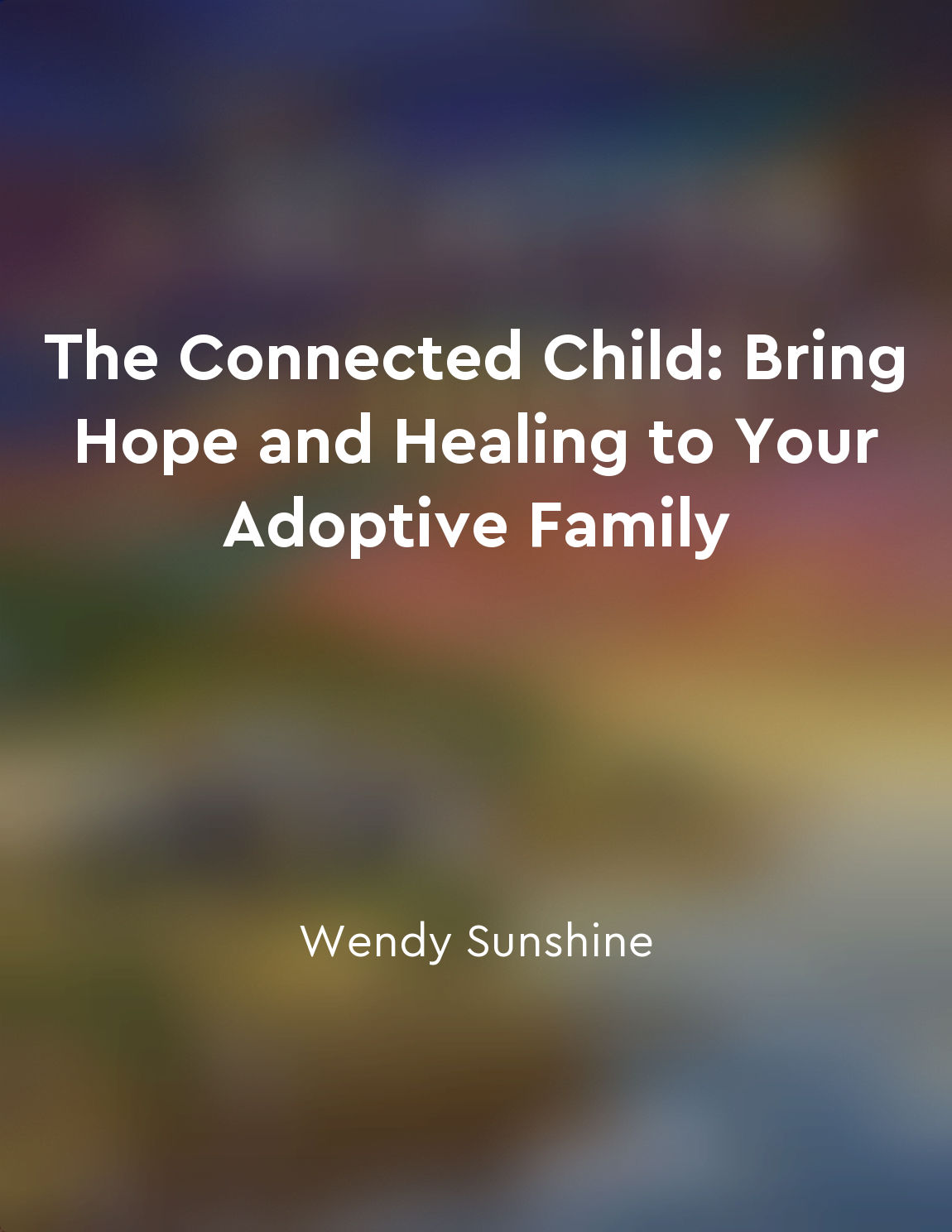Parents should be mindful of the language they use around their children from "summary" of Parenting Beyond Pink & Blue by Christia Spears Brown
Parents play a crucial role in shaping their children's beliefs and behaviors. The language parents use around their children can have a significant impact on how they view themselves and others. By being mindful of the words they choose, parents can help foster a more inclusive and accepting environment for their children. Children are like sponges, absorbing everything they hear and see. When parents use language that reinforces stereotypes or biases, they are inadvertently reinforcing these beliefs in their children. For example, using phrases like "boys will be boys" or "girls are more emotional" can limit children's understanding of themselves and others. Instead, parents can choose language that is more neutral and open-minded. Encouraging children to express a full range of emotions and interests, regardless of their gender, can help break down traditional gender norms and promote a more inclusive environment. By using language that is empowering and supportive, parents can help their children develop a strong sense of self-worth and confidence. Furthermore, parents can also model inclusive language by being mindful of the words they use in everyday conversations. By avoiding derogatory language or stereotypes, parents can show their children the importance of treating others with respect and kindness. This can help children develop empathy and understanding towards others who may be different from them.- The language parents use around their children is incredibly important in shaping their beliefs and behaviors. By being mindful of the words they choose, parents can help create a more inclusive and accepting environment for their children to thrive in. Through thoughtful and empowering language, parents can help their children develop a strong sense of self and respect for others.
Similar Posts

Model focus and attentiveness yourself
To help your child become less distracted, you must first look at your own behavior. Children often model the behavior of their...

Addressing sensory needs can improve behavior
The way a child behaves is often a direct reflection of how they are feeling on the inside. Many times, behavior issues can ste...
Use "switching questions" to shift your mindset
When faced with a challenging situation or when feeling stuck in a certain mindset, it can be helpful to use what we call "swit...
Language can reflect social hierarchies
In conversations, people often use language that reflects social hierarchies. This can be seen in the way individuals address e...
Selfcare is important
Selfcare is a crucial aspect of maintaining a healthy work-life balance as a parent. It is easy to neglect our own needs when w...
Adolescence is a critical period for the development of sex differences
During adolescence, individuals experience significant changes in their physical, cognitive, and social development. This perio...
Nonverbal mirroring can help build rapport with children
One powerful way to connect with children is through nonverbal mirroring. This technique involves subtly matching a child's bod...
Approach disagreements as opportunities for growth and understanding
When we find ourselves in a disagreement with another person, it can be all too easy to slip into a defensive posture. Our mind...
Language is a reflection of culture and history
Language is not just a tool for communication; it is a mirror that reflects the culture and history of a people. Every word, ph...

The influence of environment on the mind is significant
The environment in which a person grows up and lives plays a crucial role in shaping their mind. The interactions, experiences,...

